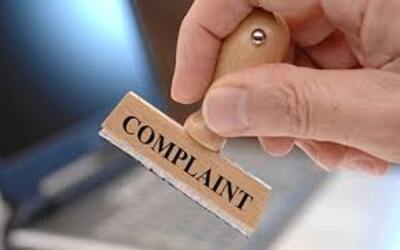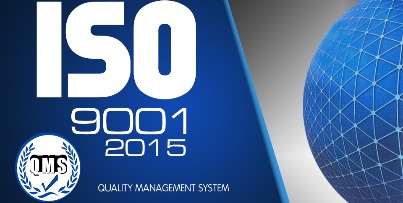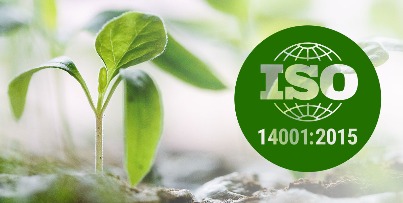
How ISO Certification helpful for Tobacco Industry?
Tobacco is an agricultural commodity that, in terms of economics, is comparable to other agricultural foodstuffs. Tobacco prices are determined by local weather conditions, as well as the species or cultivar farmed, proximity to the region where it is grown, plant health, and other product-specific features. Tobacco is one of the most addictive chemicals on the planet, and the tobacco industry encompasses anybody or anything involved in growing, processing, shipping, advertising, or distributing tobacco and tobacco-related products.
The tobacco industry's success is dependent on the strategic implementation of processes that ensure product quality and safety, positive environmental interaction, and favourable working circumstances. ISO certification for tobacco industry might be extremely advantageous in this aspect.
Which standards or ISO certificates are required for the Tobacco Industry?
The International Organization for Standardization (ISO) develops standards that aid in the implementation of systematised management systems for the delivery of quality assured products and services, as well as enabling compliance with the relevant standard.
ISO 9001, ISO 14001, and ISO 45001 are the most popular ISO standards for all types of food industries. However, ISO 22000 certification is the most essential and required ISO standard for the food industry.
Let's have a look at these ISO standards in more detail:
ISO 9001 Standard
ISO 9001 is a global standard that establishes a framework for establishing Quality Management Systems (QMS) in businesses. As a result, ISO 9001 assures that the quality of your products or services fulfils client expectations, which is extremely advantageous to the prosperity of your country.
ISO 14001 Standard
By providing the basis for the construction of Environmental Management Systems, the internationally renowned ISO 14001 standard assists you in enhancing your contact with the environment (EMS). It also aids you in resource management and waste reduction in order to make your activities more environmentally friendly.
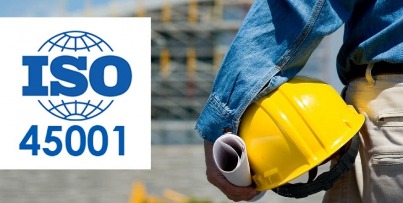
ISO 45001 Standard
The global standard ISO 45001 provides a framework for building an occupational health and safety management system (OHSMS) in your company. This protects both your employees and your visitors from work-related injuries.
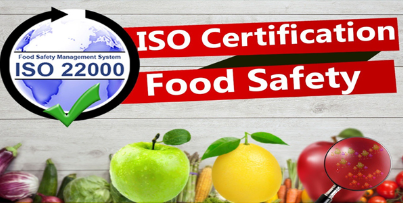
ISO 22000 Standard
The International Organization for Standardization (ISO) produces the ISO 22000 standard, which assists enterprises in the food supply chain in establishing and implementing a Food Safety Management System. To assure the quality and safety of food at all levels, ISO 22000 combines the quality management element of ISO 9001 with the safety management component of HACCP. This standard also aids your food chain's identification of food-related risks and the development of corrective steps to prevent or minimise them.
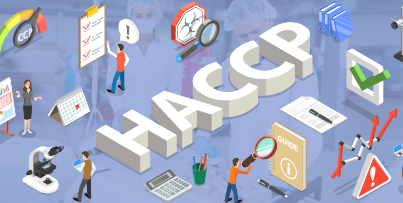
Hazard Analysis Critical Control Points (HACCP)
Hazard Analysis Critical Control Points (HACCP) is a systematised strategy that strives to offer the framework for monitoring the entire food chain, from harvest to use or consumption, in order to reduce the risk of foodborne infections. Essentially, the system is designed to identify and control all potential risks or problems prior to their occurrence.

ISO 50001 Standard
Tobacco firms can benefit from ISO 50001 for energy management systems, which can help them manage their energy resources more efficiently and lower their carbon footprint.
Benefits of ISO certification for Tobacco Industry Industry
- Quality improvement in accordance with client needs.
- Processes are approached from a systemic perspective.
- Continuous system improvement in order to satisfy the changing needs of the market.
- Risk identification and management in a timely manner
ISO Certification process for Tobacco Industry
- Application & contract
- Audit team Assignment
- Document view
- Certification Audit Independent review
- Notification of Certification
- Surveillance audit
- Re-Assessment
The certification process goes further. click here to view the next steps to ISO certification Process




